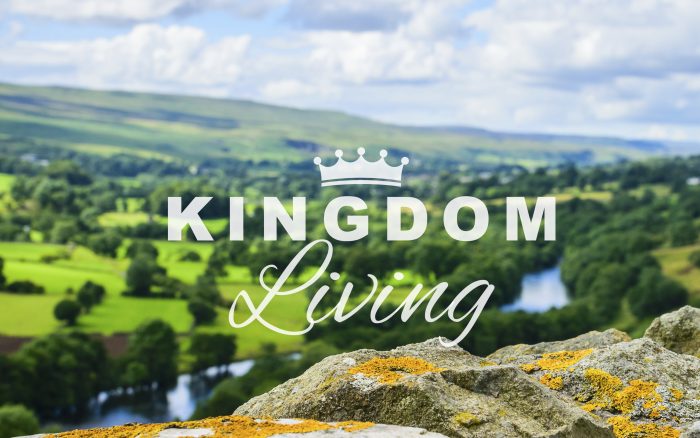Nearly three months ago we began looking at how life in the kingdom of God is very different from the life in the kingdom of this world. We’ve used the analogy of immigrating to another country – you have to learn a new language, a new culture, a new set of values, there are new laws – you even use new currency – it’s all very different.
In a similar way, Paul tells us that when we chose to follow Christ, we were transferred from the kingdom of darkness into the kingdom of God. Colossians 1:13 says…
13 For he has rescued us from the kingdom of darkness and transferred us into the Kingdom of his dear Son, 14 who purchased our freedom and forgave our sins. Colossians 1:13-14
As followers of Jesus, we now live in a new kingdom – one that operates very differently from what we’re used to. And making this transition is not easy. In many ways, actual immigration would be much easier. If we could physically immigrate to the kingdom of God, I’m sure it would be a shock at first, but you’d quickly pick up these new values and new ways of doing things because everyone around you would be living that way – you’d be surrounded by this new culture and of course, that would reinforcing those ideas and values and ways of doing things.
But as it is, even though we are now citizens of heaven (as Paul tells us), we still live right here in the midst of the kingdom of the world and so learning to live differently is very challenging for us. More and more our Canadian culture and values do not line up with the values and the culture of the kingdom of God, so it can be a real challenge to live as citizens of heaven while still present in this world. And that’s why we are instructed in Romans 12:2…
Don’t copy the behavior and customs of this world, but let God transform you into a new person by changing the way you think. Then you will learn to know God’s will for you, which is good and pleasing and perfect. Romans 12:2
And so that’s been our main goal for this message series – we want to let God transform us into new people by changing the way we think – the way we think about our time, the way we think about our money, the way we think about our relationships and so on and so forth. So hopefully, over the past couple months as we’ve looked at a variety of issues, you’ve been challenged to change the way you think in some of these areas and you’ve learned a little more about God’s will for you – which is good and pleasing and perfect.
Today we want to conclude our Kingdom Living series. There’s always more that could be said, but I think we’ll end today with a summary of everything we’ve already talked about.
If I were to wrap up everything we’ve talked about and put it into a short, concise statement, I would say that Kingdom Living means living a life centered around God.
Leave a Comment
